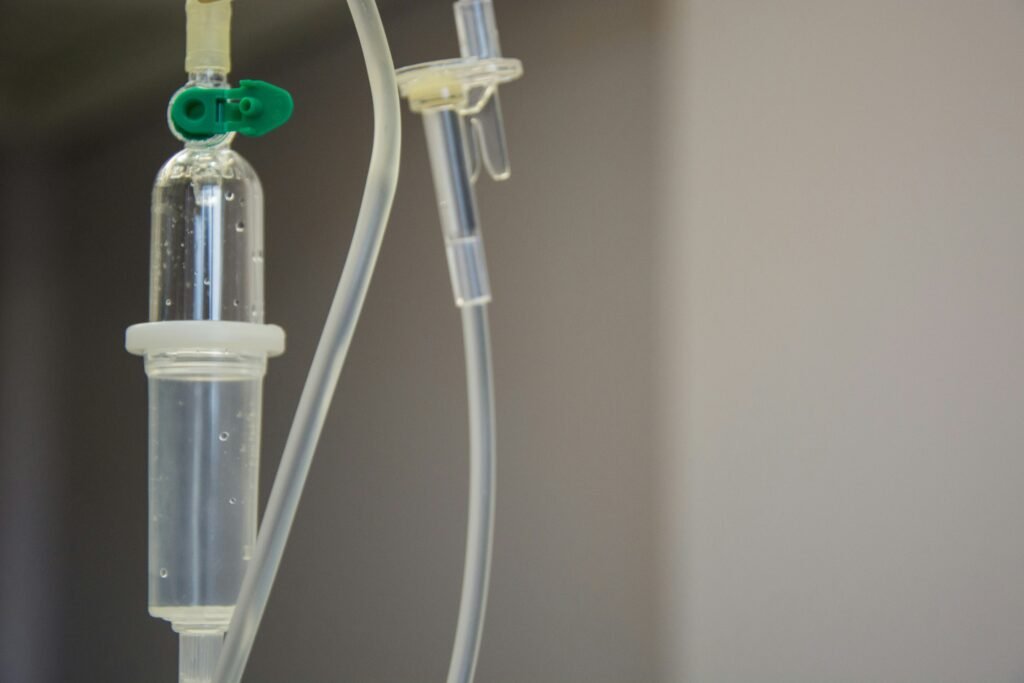
Curious about how your diet might be impacting your skin? Look no further! In this article, we’ll explore the fascinating connection between popular diets and skin health. Whether you’re into the trendy Whole30 diet, or considering going vegetarian or vegan, we’ll delve into how these dietary changes may affect your skin. Dr. David Lortscher, a knowledgeable dermatologist, will provide valuable insights on the topic. From the potential benefits of eliminating sugar, dairy, and alcohol, to the effects of going sugar- and dairy-free for acne control, we’ll cover it all. Plus, we’ll debunk common myths and provide advice on creating a balanced diet for optimal skin health. So, get ready to uncover the plate-to-pores journey and make informed food choices for better skin health. Your radiant skin awaits!
Introduction
Welcome to the world of holistic beauty, where the journey from plate to pores takes center stage. We often hear the saying “you are what you eat,” and when it comes to our skin, this rings true. The link between diet and skin health has long been a topic of interest, and in this article, we will explore the impact of different diets on various skin types. Whether you’re dealing with specific skin conditions or simply striving for optimal skin health, understanding the relationship between your plate and your pores is key.
Skin types and diets
Just as our bodies come in different shapes and sizes, our skin also varies from person to person. From dry and sensitive to oily and acne-prone, each skin type has its unique needs. Interestingly, what we put on our plates can greatly influence how our skin behaves. Diets rich in antioxidants, vitamins, and minerals are generally beneficial for all skin types as they provide the necessary nutrients to promote a healthy complexion. However, it’s essential to understand how specific diets can impact different skin types.

This image is property of i0.wp.com.
Specific conditions
Diet is often seen as a potential remedy for skin conditions such as eczema, psoriasis, and rosacea. While scientific research and results in this area vary, there is evidence to suggest that certain diets can have a positive impact on these conditions. For example, an anti-inflammatory diet rich in fruits, vegetables, and omega-3 fatty acids may help reduce inflammation and alleviate symptoms. On the other hand, a diet high in processed foods and sugars may exacerbate these conditions. It is important to consult with a healthcare professional to determine the best approach for managing specific skin conditions through dietary changes.
Balancing diets
Creating a balanced diet that promotes optimal skin health is about finding the right combination of nutrients and avoiding excessive intake of certain foods. Incorporating a variety of colorful fruits and vegetables, whole grains, lean proteins, and healthy fats can provide the building blocks for healthy skin. Additionally, staying hydrated by drinking plenty of water is essential for maintaining optimal skin hydration. It’s important to listen to your body and make informed food choices based on your individual needs.

This image is property of i0.wp.com.
Myth-busting
There are numerous myths surrounding the relationship between diet and skin health, and it’s time to debunk a few of the most common ones. Contrary to popular belief, chocolate does not directly cause acne. However, diets high in refined sugars and processed foods can contribute to inflammation and hormonal imbalances that may exacerbate acne. Another myth is that drinking more water will automatically lead to clearer skin. While hydration is important, the impact of water intake on skin health varies from person to person. It’s crucial to approach these myths with skepticism and rely on scientific research and expert advice.
The Whole30 diet
The Whole30 diet has gained popularity in recent years, and it may have potential benefits for the skin. This elimination diet focuses on unprocessed foods and eliminates sugar, dairy, and alcohol for a period of 30 days. By removing these potentially inflammatory substances from your diet, you may experience improvements in your skin’s clarity and texture. However, it’s important to note that the scientific research behind these claims is limited, and individual results may vary. It’s always a good idea to consult with a healthcare professional before making any drastic dietary changes.

This image is property of images.unsplash.com.
Vegetarian and vegan diets
Eliminating meat from your diet through a vegetarian or vegan approach may have positive effects on your skin. Meat is often associated with higher levels of saturated fats and hormones, which can increase skin oil production and contribute to acne outbreaks. By adopting a plant-based diet, you may reduce the inflammation and oiliness commonly associated with acne-prone skin. However, it’s crucial to ensure you’re still meeting your nutritional needs, particularly for nutrients like protein, iron, and vitamin B12 that are commonly found in animal products. Working with a nutritionist can be helpful in this regard.
The ketogenic diet
The ketogenic diet, known for its low-carbohydrate and high-fat approach, has been praised for various health benefits, including potential improvements in skin health. By cutting out carbohydrates, you may experience a decrease in acne due to the elimination of processed foods and their potential influence on inflammation and hormonal imbalances. However, it’s important to note that the ketogenic diet is not solely recommended for skin benefits and may have potential side effects. It’s essential to consult with a healthcare professional before embarking on any significant dietary changes.

This image is property of images.unsplash.com.
Sugar and dairy-free diets
For those struggling with acne, adopting a sugar and dairy-free diet may prove effective in managing skin condition. High sugar intake can contribute to increased oil production, leading to clogged pores and acne breakouts. Additionally, dairy products can contain hormones that may disrupt the balance in your body and contribute to acne formation. By eliminating these food groups from your diet, you may experience improvements in your skin’s clarity and reduced acne outbreaks. However, it’s important to ensure you’re still meeting your nutritional needs by incorporating alternative sources of nutrients found in these food groups.
Conclusion
When it comes to achieving better skin health, the journey from plate to pores plays a significant role. While diets can be seen as potential remedies for various skin conditions, it’s important to approach them with caution and consider individual factors. The effects of diets on the skin may vary depending on factors such as skin type, specific conditions, and overall lifestyle. Consulting with a healthcare professional, such as a dermatologist or nutritionist, is crucial to ensure personalized advice that meets your specific needs. By making informed food choices and finding a balanced diet tailored to your individual requirements, you can empower yourself to achieve healthier skin from the inside out.

This image is property of images.unsplash.com.






